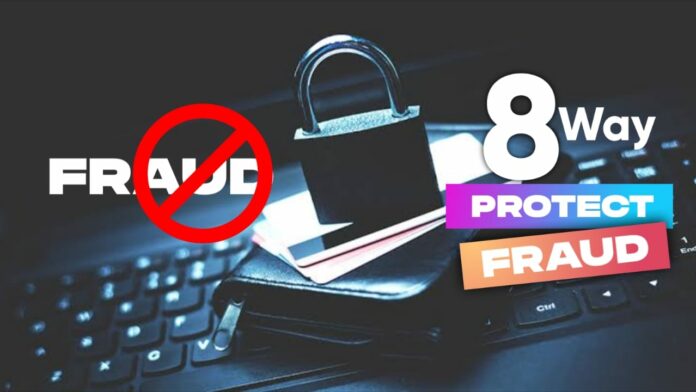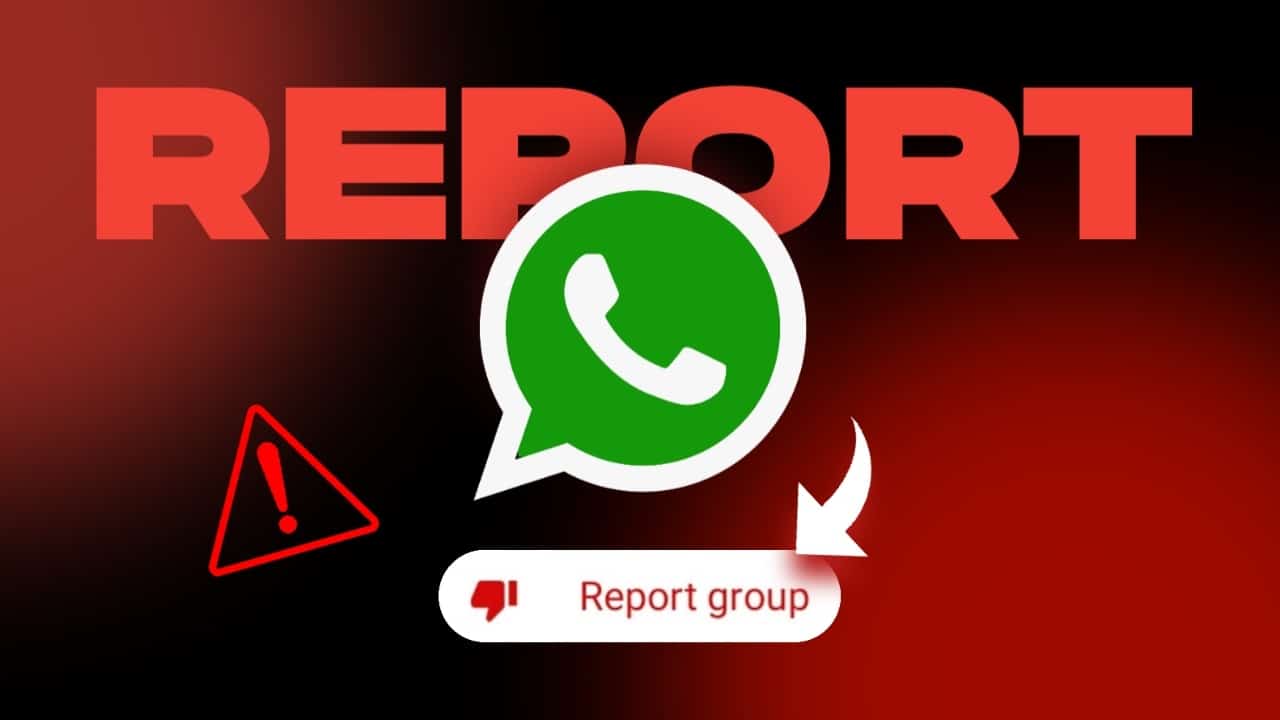In today’s digital age, protecting yourself from fraud is more important than ever. Whether you’re an individual or a business owner, safeguarding your personal and financial information is crucial.
In this article, we’ll explore 8 essential ways to protect yourself from fraud, with a focus on simple and practical tips for our Indian audience.
also read: Use Telegram Safely and Securely with These Top 10 Useful Tips
8 Ways to Protect Yourself from Fraud
1. Guard Your Online Information
In the digital world, your online information is a valuable asset. To keep it safe, regularly update your computer’s security software.
Additionally, teach your employees to avoid entering personal information on public computers, as they may contain software that captures sensitive data.
Always look for “HTTPS” at the start of a URL when logging into accounts or exchanging data, especially when dealing with banking or online shopping.
2. Monitor Your Accounts
Monitoring your financial accounts is a proactive way to protect yourself from fraud.
Consider logging into your online banking or using a mobile banking app daily to keep an eye on your balances and account activity.
This ensures you catch any unauthorized transactions quickly. You can also set up online banking alerts to receive notifications of transactions or changes in your account, tailored to your preferences.
3. Beware of Business Email Compromise
Business Email Compromise (BEC) is a prevalent form of fraud. Watch out for emails that mention changes in financial data, include unusual attachments or links, and make unusual requests.
Always validate changes to financial data by calling a trusted contact before taking any action.
Remember, scammers often rush victims and appeal to emotions to make fast decisions. Don’t let them pressure you; take a moment to think clearly and critically before acting.
4. Pro Tip: Stop, Breathe, Ask
In stressful situations, fraudsters may try to push you into hasty decisions. If you feel rushed, pause, take a deep breath, and ask yourself whether the situation is genuine.
Don’t hesitate to hang up and verify with your financial institution or law enforcement.
5. Shred Sensitive Documents
Properly disposing of sensitive documents is crucial. Keep records such as ATM receipts, deposit slips, and checks deposited through mobile banking until you’ve reconciled them with your monthly statement. Afterward, shred them.
Store monthly checking and savings account statements securely until tax season, then shred them unless needed for deductions.
Consider signing up for eStatements to access statements online, anytime, anywhere.
6. Check Your Credit Report
Regularly reviewing your credit report is essential to detect any suspicious activity. Look for accounts you didn’t open and any irregularities.
You can obtain a copy of your credit report from providers like Experian or Equifax. Some credit reporting websites also offer alerts to notify you of changes in your business credit score.
7. Think Twice About Sharing Information
Be cautious when receiving calls or emails requesting sensitive information. Never disclose confidential data unless you can verify the source as trusted.
Phishing is a common form of fraud, where scammers use fraudulent messages that appear to be from reputable sources. It’s often done through email, text messages, or phone calls.
8. Implement Fraud Detection Tools
Consider using fraud detection tools to protect your business. Tools like Positive Pay for Checks and ACH transactions can automatically match your issued payments against those presented for payment.
Suspicious transactions can be held for review by your team, preventing fraudulent activity.
9. Report Suspicious Activity
If you suspect you’ve fallen victim to financial fraud, contact your financial institution immediately.
The sooner they’re aware of the situation, the better the chances of recovering your funds. Reporting suspicious activity promptly is crucial in mitigating the impact of fraud.
Wind Up
Protecting yourself from fraud is a shared responsibility. By following these eight simple yet effective ways to protect your personal and financial information, you can reduce the risk of falling victim to fraud.
Remember that vigilance and awareness are key in the ongoing battle against fraud. Stay safe and secure in the digital age.






















